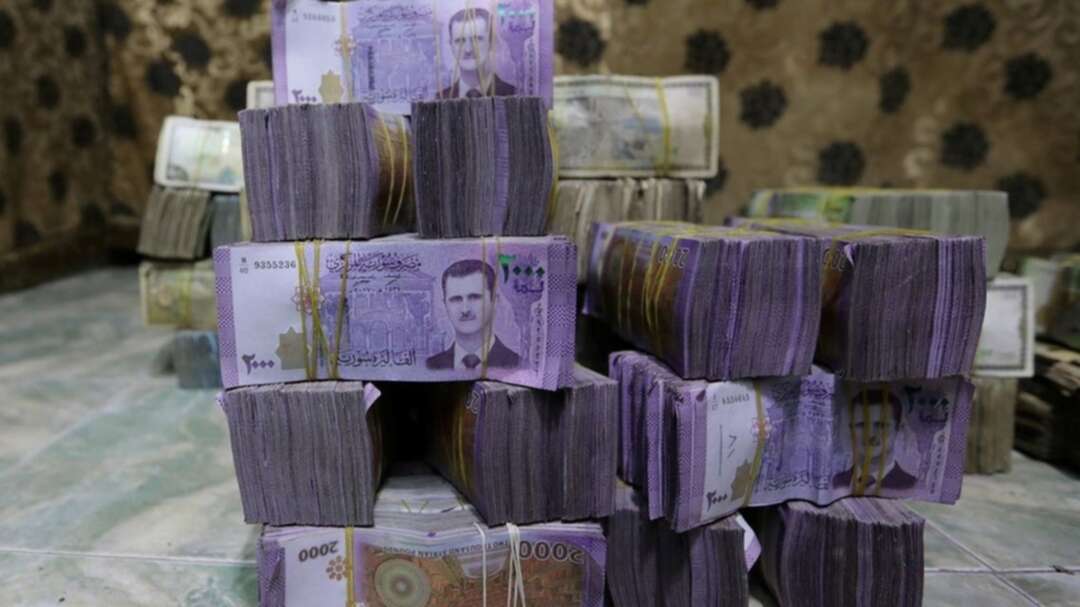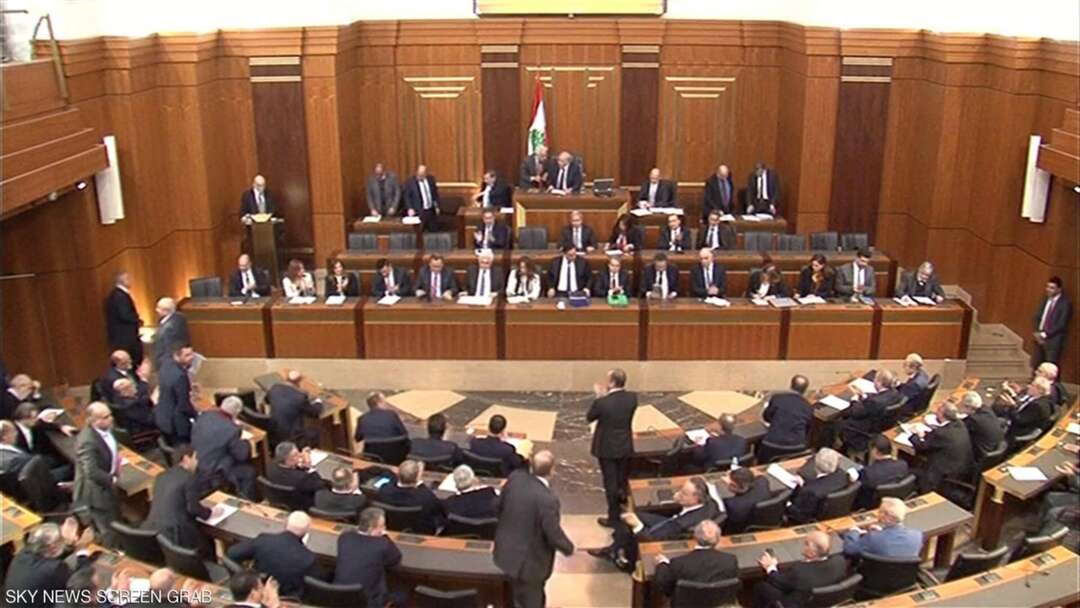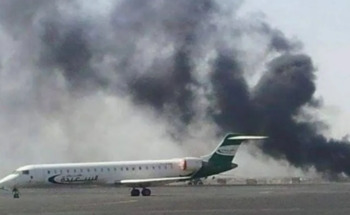-
Syrian pound hits new low in ripple effect from currency woes in neighboring Lebanon

The Syrian pound fell to a record low on the black market on Wednesday, hit by the ripple effect of currency woes in neighboring Lebanon with which it has extensive business and banking ties, dealers and bankers said.
Traders said it cost close to 4,000 to buy one dollar on the street on Wednesday after anxious dealers watched the Lebanese pound collapse to a new low of 10,000 to the dollar on Tuesday.
Two leading Damascus-based licensed exchange dealers said the Lebanese currency’s fall dealt a psychological blow to dealers trading its Syrian counterpart, which had already witnessed a rapid declines in recent weeks.
It has fallen by around 40 percent this year alone.
“Businessmen and traders are fretting over fears of a free-fall in coming days and watching if unrest grows in Lebanon and its impact on dealings since Lebanon is our lifeline to the outside world,” said one trader who requested anonymity.
Syrian investors and businessmen hold billions of dollars of deposits in Lebanon’s crisis-hit banks, for years a safe haven for investors fleeing sanctions and tight government controls.
The Lebanese crisis has choked a major source of dollars for Syria, further hurting a currency suffering from years of Western sanctions and a devastating 10-year-old conflict.
The Syrian pound’s last tumble happened last summer when it hit a psychological barrier of 3,000 to the dollar over fears that tougher US sanctions would worsen the economy.
The pound’s fall has hit business activity, with many merchants and trading firms reluctant to sell or buy in a country where many turn to dollar savings to preserve wealth.
A banker said adding to the pressures were state withdrawals of hard currency from already depleted reserves to pay for large multi-million dollar imports of commodities and fuel.
The authorities’ reluctance to intervene to protect its foreign reserves weighed on the pound, he added. Further pressure comes from a sharp drop in remittances that are an important source of foreign currency from the tens of thousands of Syrians living in countries hit by COVID-19, he added.
The pound’s collapse has driven up inflation and aggravated hardship as Syrians struggle to afford food, power and other basics. The pound had traded at 47 to the dollar before protests against President Bashar al-Assad erupted in March 2011.
source: Reuters
Image source: Reuters
Levant
You May Also Like
Popular Posts
Caricature
Syrians' concerns now
- December 10, 2024
Syrians' concerns now #Syria
#Bashar_al-Assad
#Liberation_of_Syria
#Syrians
#Future_of_Syria
#Levant_News

opinion
Report
ads
Newsletter
Subscribe to our mailing list to get the new updates!





















